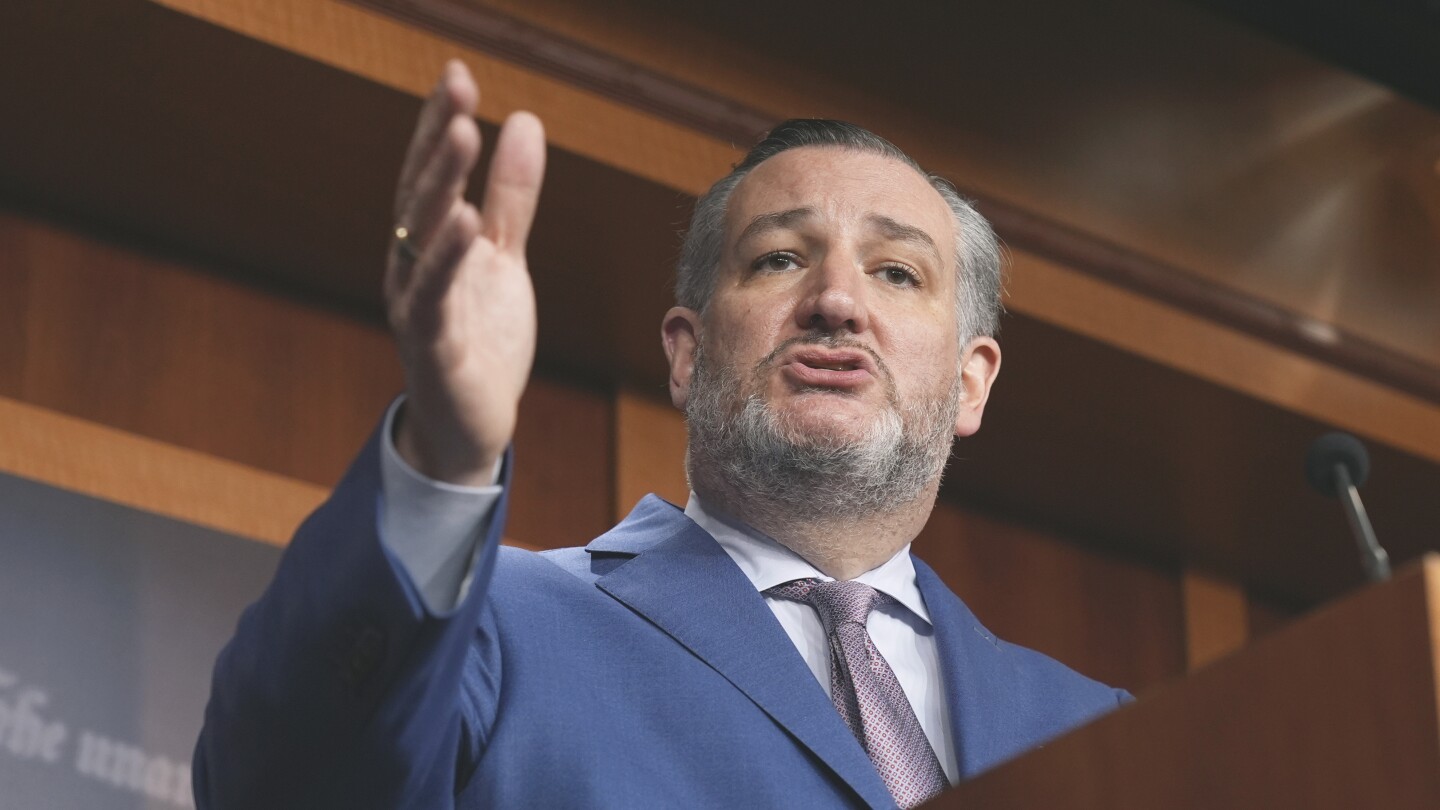Science Under Siege: How Anti-DEI Battles Are Eroding Research Diversity

Senate Republicans Target "Woke DEI" Research: Unpacking the Controversy
In a recent wave of academic scrutiny, Senate Republicans have raised eyebrows by flagging thousands of research grants as potentially promoting "woke" diversity, equity, and inclusion (DEI) initiatives. But what exactly lies beneath this provocative label?
The term "woke DEI" has become a politically charged buzzword, often used to criticize academic research that explores social justice, identity, and systemic inequalities. Republican lawmakers argue that some federally funded studies go beyond scholarly investigation and instead push what they perceive as a progressive ideological agenda.
These grants, spanning various disciplines from sociology to cultural studies, are now under intense examination. Critics claim that such research diverts valuable resources from what they consider more "traditional" academic pursuits and potentially promotes what they see as divisive narratives.
However, academic researchers and supporters of these studies argue that understanding complex social dynamics is crucial for addressing real-world challenges. They emphasize that rigorous scholarly work provides essential insights into societal structures, discrimination, and cultural experiences.
The debate highlights a growing tension between political perspectives and academic freedom, raising critical questions about the purpose and value of research that examines social identity and systemic inequalities.

